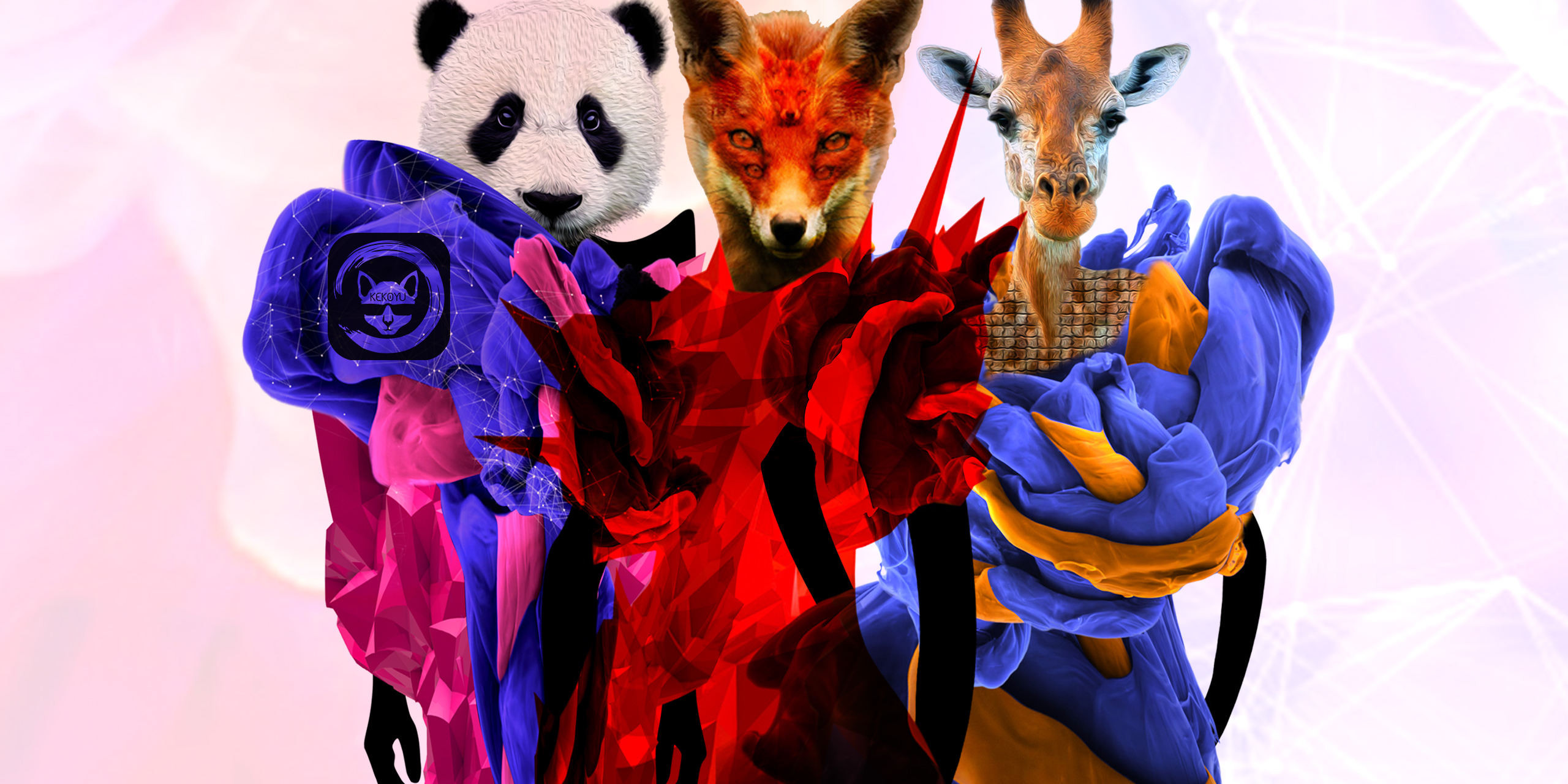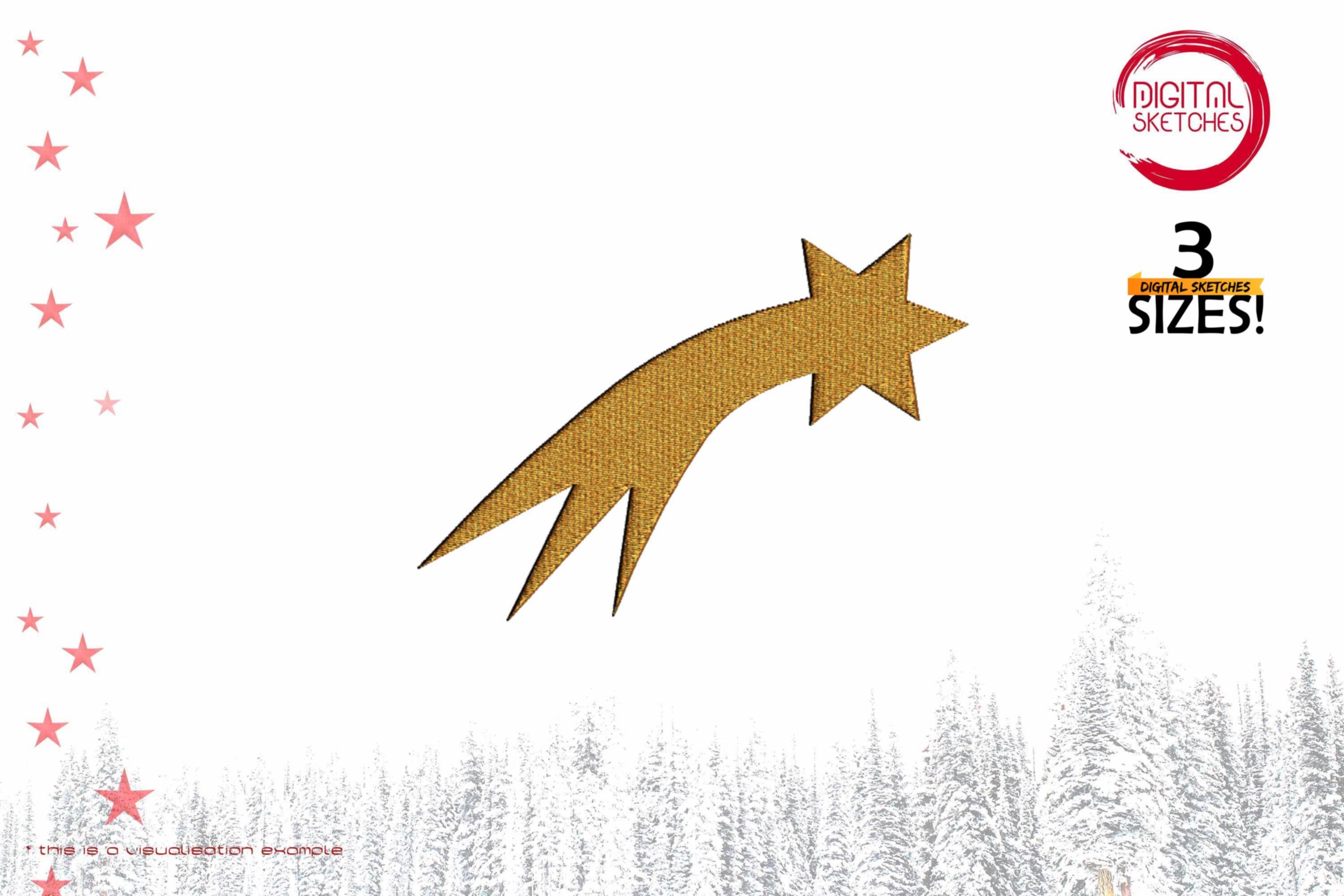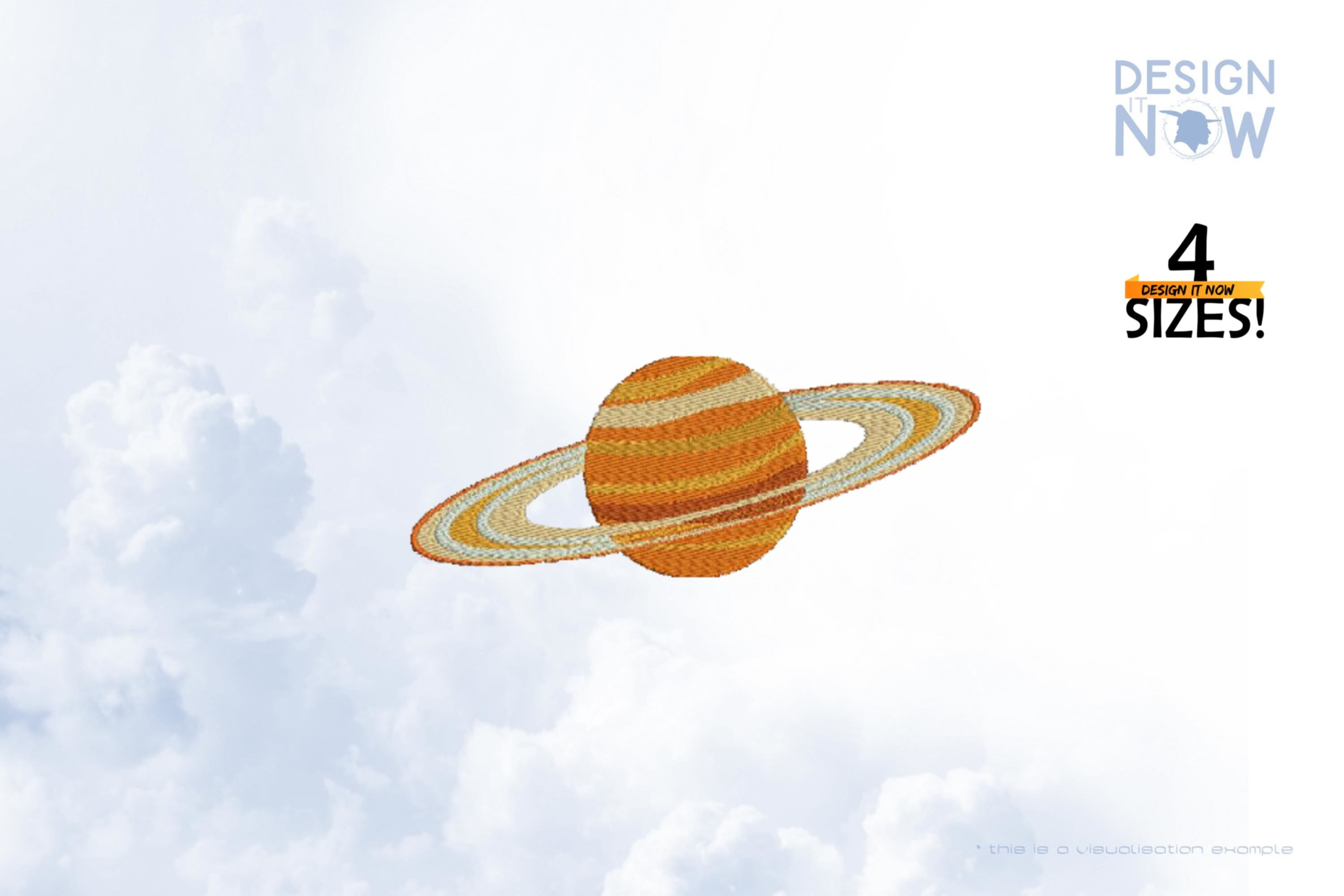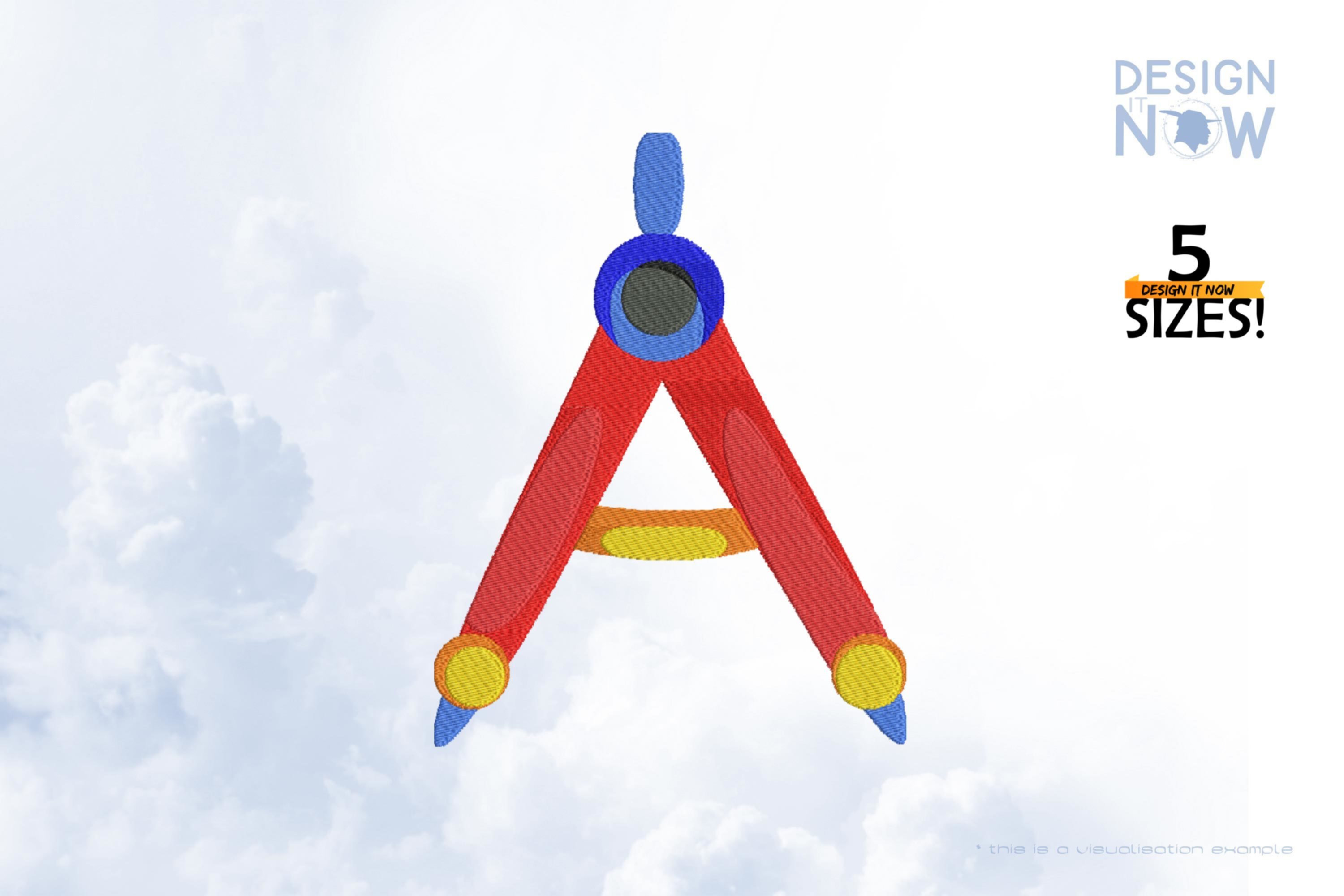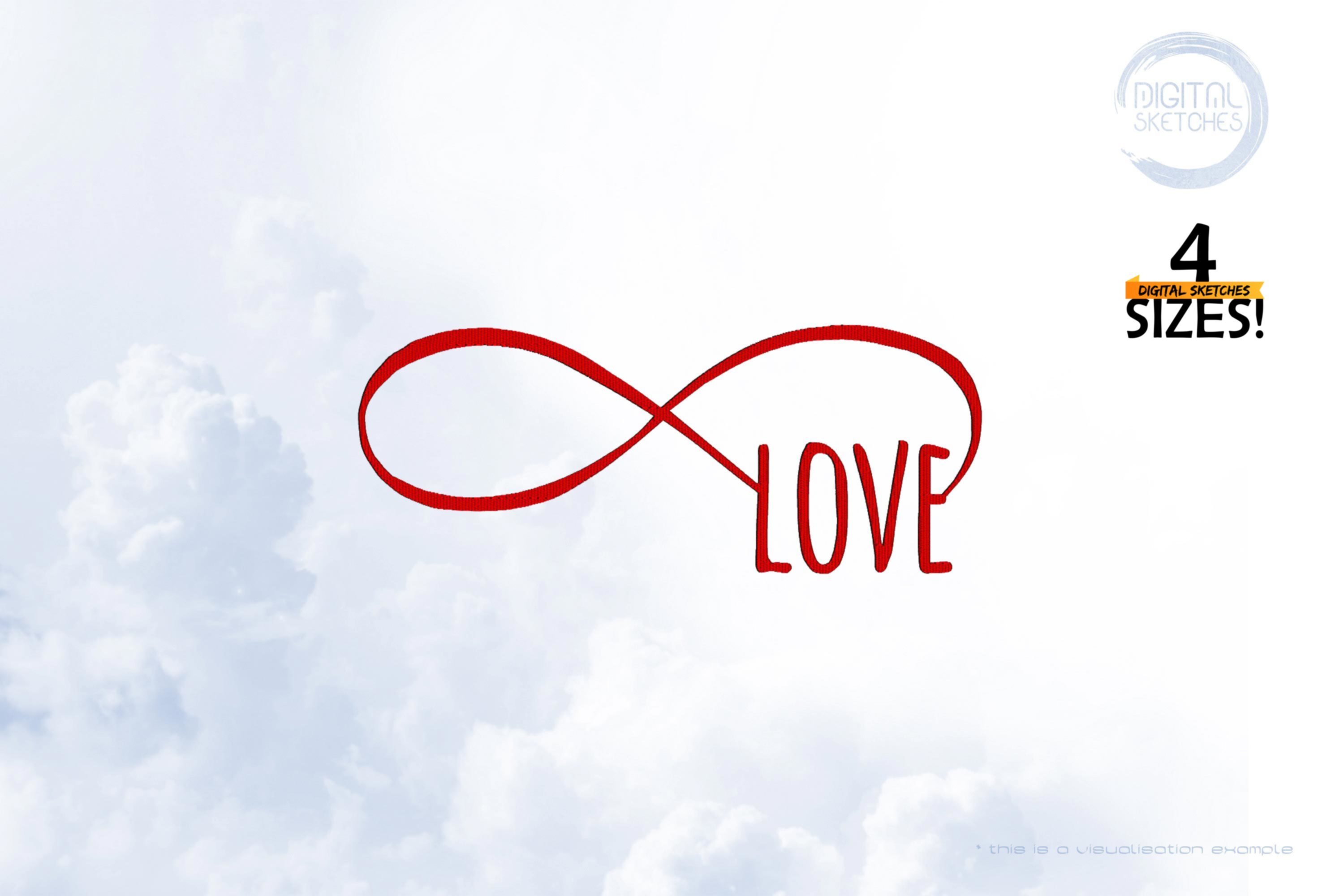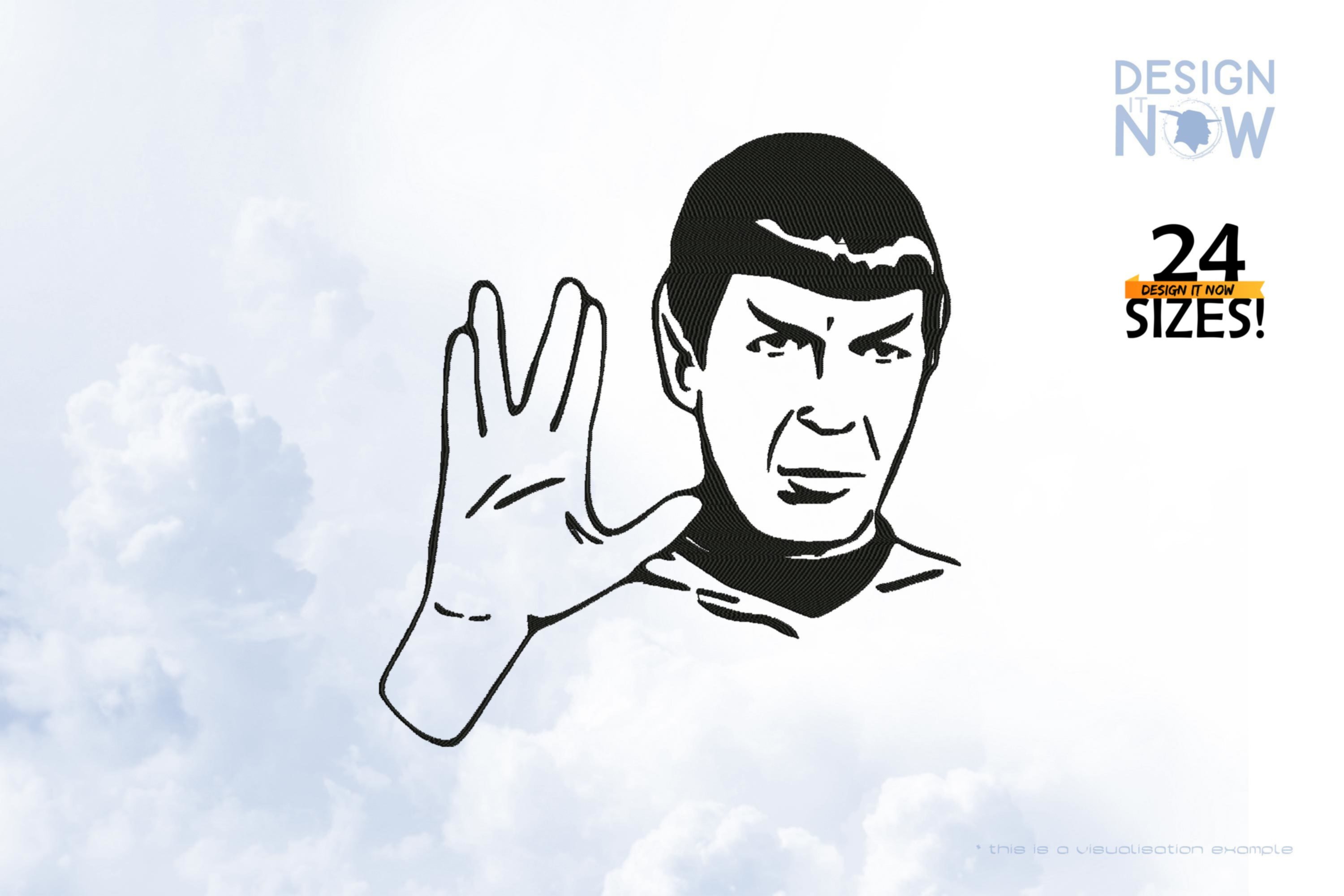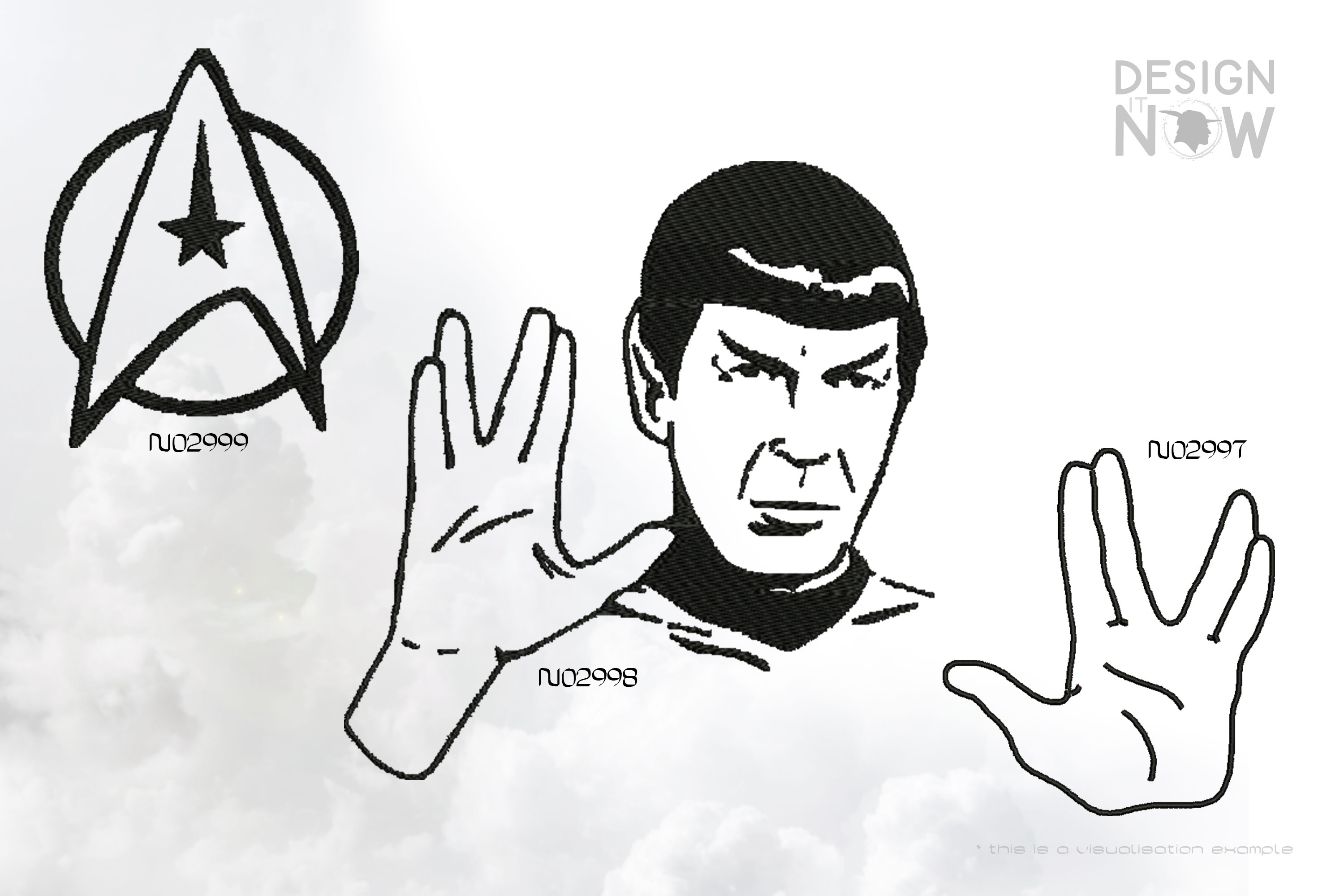
Science
The word science (science = knowledge, prior knowledge, permission; Latin scientia) refers to the totality of human knowledge, knowledge and experience of an era, which is systematically expanded, collected, stored, taught and handed down.
Science is a system of knowledge about the essential properties, causal relationships and laws of nature, technology, society and thought, which is fixed in the form of concepts, categories, measures, laws, theories and hypotheses.
Science is also the totality of knowledge and experiences, which refer to a subject area and stand in a reasoning context. The knowledge of a limited subject area characterizes the individual science, which is divided into a theoretical and an applied area and with progressive differentiation can give rise to a number of sub-disciplines.
Science also denotes the methodical process of intersubjectively comprehensible research and cognition in a specific field, which, according to conventional understanding, produces a well-founded, orderly and secure knowledge. Accordingly, science is characterized methodically by knowledge that is secured and placed in a rational context of justification, that is communicable and verifiable, and that follows certain scientific criteria. Science thus denotes a coherent system of statements, theories and procedures that has been subjected to strict tests of validity and is associated with the claim of objective, supra-personal validity.
In addition, science also refers to the totality of scientific institutions and the scientists working there. In their work, these are bound by specific values and practices and are expected to comply with scientific ethical principles. They are in a relationship of mutual influence with politics and society.
The history and development of science is studied in the academic discipline of the history of science. The development of human knowledge of the nature of the Earth and the cosmos and the historical emergence of the natural sciences is part of this, for example, the history of astronomy and the history of physics. In addition, there are connections to the applied sciences of mathematics, medicine and technology. Already Thales demanded that science be provable, verifiable or repeatable in its results and free of purpose. The philosophical occupation with scientific theoretical knowledge and methods goes back historically to Aristotle in antiquity, today called philosophy of science.
%
Robot XXIII
A robot is a technical apparatus that is usually used to relieve humans of frequently recurring mechanical work. Robots can be both stationary and mobile machines and are controlled by computer programs. The word was coined by the writer Karel Čapek in 1920, but its meaning has changed over time. The origin of the word robot lies in the Czech word robota, robot, which can be translated as 'indentured servitude' or 'forced labor'. It in turn traces back to Proto-Indo-European *orbh- via Old Church Slavonic rabota 'servitude' and is thus related to German 'Arbeit'. Similarly, in Late Middle High German there was the term robāter, robatter for a 'worker in bondage'.The term robot was coined in 1920 by Josef Čapek, an important man of literature, whose brother Karel Čapek had originally used the name labori when he had human-like artificial workers appear in his play R.U.R., bred in tanks, created to take over human labor and revolting against it. With his work, Čapek took up the classical motif of the golem, also common in the Prague literature of Jewish mysticism. Today, Čapek's art creatures would be called androids. Before the coining of the word robot, such machines were called automata or semi-automata.Due to the frequent thematization of robots in film and literature, science also became aware of this type of machines. The scientific field that deals with the construction of robots is called robotics. The term was first mentioned in 1942 by Isaac Asimov in his short story Runaround. There is no general theoretical scientific field dealing with robots. They are mostly subfields of electrical engineering, computer science, mechatronics or mechanical engineering. In computer science, computer programs that perform repetitive tasks largely automatically are called bot (short for robot).Product Number: N10879Product Name: Abstract-Robots-00001005This design comes with the following sizes:Size: 7.00"(w) X 7.35"(h) (177.8mm X 186.8mm) Size: 7.15"(w) X 7.51"(h) (181.6mm X 190.8mm) Size: 7.30"(w) X 7.67"(h) (185.4mm X 194.8mm) Size: 7.49"(w) X 7.87"(h) (190.2mm X 199.8mm) Size: 7.60"(w) X 7.98"(h) (193.0mm X 202.8mm) Size: 7.64"(w) X 8.02"(h) (194.0mm X 203.8mm) Size: 7.71"(w) X 8.10"(h) (195.8mm X 205.8mm) Size: 7.75"(w) X 8.14"(h) (196.8mm X 206.8mm) Size: 8.20"(w) X 8.61"(h) (208.2mm X 218.8mm) Size: 8.43"(w) X 8.85"(h) (214.0mm X 224.8mm) Size: 8.65"(w) X 9.09"(h) (219.6mm X 230.8mm) Size: 8.76"(w) X 9.20"(h) (222.6mm X 233.8mm) Size: 8.87"(w) X 9.32"(h) (225.4mm X 236.8mm) Size: 9.06"(w) X 9.52"(h) (230.2mm X 241.8mm)The following formats are included in the file you will receive: .DST .EXP .JEF .PES .VP3 .XXX .PEC .U01You MUST have an embroidery machine and the software needed to transfer it from your computer to the machine to use this file. This listing is for the machine file only - not a finished item.Robot Machine Embroidery Design, Androids Embroidery Pattern, Mobile Robots Machines Designs, Robot Embroidery Art, Bots, DIY Project Idea, Unique Digital Supplies For Embroidery Machines
US$1.10* US$4.40* (75% saved)
%
Shooting Star
A star (ancient Greek ἀστήρ, ἄστρον astēr, astron and Latin aster, astrum, stella, sidus for 'star, star'; ahd. sterno; astronomical symbol: ✱) is a massive, self-luminous celestial body made of very hot gas and plasma, such as the sun. In addition, a planet in our solar system that is illuminated by the sun is commonly called a star, such as the evening star, although it is not a star like the sun. A star like the sun emits not only light but also radiation in the extreme ultraviolet range (false color representation of the sun's emission at 30 nm).That almost all self-luminous celestial bodies visible to the naked eye are Sun-like objects that appear point-like only because of their far distance is one of the most important findings of modern astronomy. About three-quarters of stars are part of a binary or multiple star system, and many have a planetary system. Stars formed together more often form star clusters. Under favorable conditions, several thousand stars can be distinguished by unaided vision. They all belong to the same galaxy as the Sun, to the Milky Way, which consists of more than a hundred billion stars. This galaxy belongs together with its neighboring galaxies to the Local Group, one of thousands and thousands of galaxy clusters. Stars are formed from gas clouds - in certain regions (H-II region) from gaseous molecular clouds - by local strong compression in several phases. They are held together by the gravity of their own mass and are therefore approximately spherical. While a star's interior is several million degrees hot (in the case of the Sun's core just under 16,000,000 Kelvin), the surface temperature of most of them is about between 2,000 K and 20,000 K (in the case of the Sun's photosphere just under 6,000 K); white dwarfs, as exposed stellar cores, can reach temperatures of up to 100,000 K at their surface. Not only does intense radiation such as light emanate from the glowing stellar surface, but also a stream of charged plasma particles (stellar wind) travels far into space, forming an astrosphere.Stars can differ considerably in mass and volume, as well as in luminosity and color; in the course of a star's evolution these properties change. An orienting classification of stars becomes possible with the two characteristics absolute brightness and spectral type alone. The properties of stars are also of importance in the question whether a planet orbiting them could carry life or not (see habitable zone). Product Number: E00095Product Name: StarThis design comes with the following sizes:Size: 3.61"(w) X 2.54"(h) (91.7 X 64.6mm) Size: 4.71"(w) X 3.31"(h) (119.6 X 84.2mm) Size: 5.81"(w) X 4.08"(h) (147.5 X 103.6mm) The following formats are included in the file you will receive: .DST .EXP .JEF .PES .VP3 .XXX .VIP .HUSYou MUST have an embroidery machine and the software needed to transfer it from your computer to the machine to use this file. This listing is for the machine file only - not a finished item.Shooting Star Machine Embroidery Design, Solar System Embroidery Pattern, Stella Designs, Astonomical Embroidery Art, Galaxy DIY Project Idea, Unique Digital Supplies For Embroidery Machines
US$1.10* US$4.40* (75% saved)
%
Space
Space is the vast, three-dimensional space that exists beyond the Earth's atmosphere. It is home to countless celestial bodies, including stars, planets, asteroids and comets. Space exploration involves a wide range of activities, from launching satellites and probes to sending humans to other planets.Product Number: N05719Product Name: SpaceThis design comes with the following sizes:Size: 5.82"(w) X 1.06"(h) (147.8mm X 27.0mm) Size: 5.94"(w) X 1.09"(h) (150.8mm X 27.6mm) Size: 6.17"(w) X 1.13"(h) (156.8mm X 28.6mm) Size: 6.37"(w) X 1.17"(h) (161.8mm X 29.6mm) Size: 6.49"(w) X 1.19"(h) (164.8mm X 30.2mm) Size: 6.53"(w) X 1.19"(h) (165.8mm X 30.2mm) Size: 6.57"(w) X 1.20"(h) (166.8mm X 30.6mm) Size: 6.65"(w) X 1.21"(h) (168.8mm X 30.8mm) Size: 6.69"(w) X 1.23"(h) (169.8mm X 31.2mm) Size: 6.76"(w) X 1.24"(h) (171.8mm X 31.4mm) Size: 6.80"(w) X 1.24"(h) (172.8mm X 31.6mm) Size: 6.84"(w) X 1.25"(h) (173.8mm X 31.8mm) Size: 6.96"(w) X 1.28"(h) (176.8mm X 32.4mm) Size: 7.00"(w) X 1.29"(h) (177.8mm X 32.8mm) Size: 7.08"(w) X 1.29"(h) (179.8mm X 32.8mm) Size: 7.20"(w) X 1.31"(h) (182.8mm X 33.4mm) Size: 7.28"(w) X 1.33"(h) (184.8mm X 33.8mm)Size: 7.31"(w) X 1.35"(h) (185.8mm X 34.4mm) Size: 7.39"(w) X 1.36"(h) (187.8mm X 34.6mm) Size: 7.43"(w) X 1.35"(h) (188.8mm X 34.4mm) Size: 7.47"(w) X 1.37"(h) (189.8mm X 34.8mm) Size: 7.59"(w) X 1.39"(h) (192.8mm X 35.4mm) Size: 7.75"(w) X 1.42"(h) (196.8mm X 36.0mm) Size: 7.87"(w) X 1.44"(h) (199.8mm X 36.6mm) Size: 7.91"(w) X 1.46"(h) (200.8mm X 37.0mm) Size: 7.98"(w) X 1.46"(h) (202.8mm X 37.2mm) Size: 8.22"(w) X 1.52"(h) (208.8mm X 38.6mm) Size: 8.30"(w) X 1.53"(h) (210.8mm X 38.8mm) Size: 8.38"(w) X 1.54"(h) (212.8mm X 39.2mm) Size: 8.46"(w) X 1.56"(h) (214.8mm X 39.6mm) Size: 8.69"(w) X 1.60"(h) (220.8mm X 40.6mm) Size: 8.85"(w) X 1.63"(h) (224.8mm X 41.4mm) Size: 9.05"(w) X 1.66"(h) (229.8mm X 42.2mm) Size: 9.09"(w) X 1.67"(h) (230.8mm X 42.4mm) Size: 9.24"(w) X 1.70"(h) (234.8mm X 43.2mm) Size: 9.32"(w) X 1.71"(h) (236.8mm X 43.4mm) Size: 9.44"(w) X 1.74"(h) (239.8mm X 44.2mm) Size: 9.68"(w) X 1.77"(h) (245.8mm X 45.0mm) Size: 9.83"(w) X 1.81"(h) (249.8mm X 46.0mm) Size: 9.95"(w) X 1.83"(h) (252.8mm X 46.6mm) Size: 10.03"(w) X 1.84"(h) (254.8mm X 46.8mm) Size: 10.15"(w) X 1.87"(h) (257.8mm X 47.6mm) Size: 10.35"(w) X 1.91"(h) (262.8mm X 48.4mm) Size: 10.43"(w) X 1.92"(h) (264.8mm X 48.8mm) Size: 10.50"(w) X 1.94"(h) (266.8mm X 49.2mm) Size: 10.66"(w) X 1.95"(h) (270.8mm X 49.6mm) Size: 10.86"(w) X 2.01"(h) (275.8mm X 51.0mm) Size: 11.21"(w) X 2.06"(h) (284.8mm X 52.4mm) Size: 11.29"(w) X 2.09"(h) (286.8mm X 53.0mm) Size: 11.49"(w) X 2.11"(h) (291.8mm X 53.6mm) Size: 11.80"(w) X 2.17"(h) (299.6mm X 55.0mm) Size: 11.92"(w) X 2.20"(h) (302.8mm X 55.8mm) Size: 12.16"(w) X 2.24"(h) (308.8mm X 56.8mm) Size: 12.39"(w) X 2.28"(h) (314.8mm X 58.0mm) Size: 12.59"(w) X 2.32"(h) (319.8mm X 59.0mm) Size: 12.71"(w) X 2.34"(h) (322.8mm X 59.4mm) Size: 12.75"(w) X 2.35"(h) (323.8mm X 59.6mm) Size: 12.98"(w) X 2.39"(h) (329.8mm X 60.8mm) Size: 14.17"(w) X 2.61"(h) (359.8mm X 66.4mm) Size: 16.92"(w) X 3.13"(h) (429.8mm X 79.6mm) Size: 17.71"(w) X 3.28"(h) (449.8mm X 83.2mm)The following formats are included in the file you will receive: .DST .EXP .JEF .PES .VP3 .XXX .PEC .U01You MUST have an embroidery machine and the software needed to transfer it from your computer to the machine to use this file. This listing is for the machine file only - not a finished item.Space Machine Embroidery Design, Three-Dimensional Space Embroidery Pattern, Embroidery Art, Planets Stars Asteroids Comets DIY Project Ideas, Beautiful Digital Supplies For Embroidery Machines
US$1.10* US$4.40* (75% saved)
%
Tribute To Fictional Star Wars Character Darth Vader aka Darth Vader
Tribute To Fictional Character Darth Vader aka Darth Vader is one of the most important characters of the Star Wars universe, whose story began with the 1977 feature film Star Wars. The creator of Star Wars is the screenwriter, producer and director George Lucas. Anakin Skywalker (* 41 VSY[1] on Tatooine; † 4 NSY[2] on the 2nd Death Star over Endor) is initially a Jedi Knight who trains under Obi-Wan Kenobi. He is considered the chosen one of an ancient Jedi prophecy that states he will restore the balance of the Force. He later becomes Tribute To Fictional Character Darth Vader aka Darth Vader, a Sith and - even in his own ranks - feared servant of Emperor Palpatine. He is the father of Luke Skywalker and Leia Organa. Anakin has no biological father, is created by a presence of the Force and is a slave boy on Tatooine until he is nine years old. He is born into slavery as the son of the slave Shmi Skywalker.Product Number: N03142Product Name: DarthVaderThis design comes with the following sizes:Size: 1.96"(w) X 1.91"(h) (49.7 X 48.5mm) Size: 2.75"(w) X 2.70"(h) (69.8 X 68.5mm) Size: 3.32"(w) X 3.28"(h) (84.3 X 83.3mm) Size: 3.91"(w) X 3.87"(h) (99.4 X 98.3mm) Size: 4.65"(w) X 4.69"(h) (118.2 X 119.2mm) Size: 5.43"(w) X 5.46"(h) (138.0 X 138.7mm) Size: 6.61"(w) X 6.64"(h) (167.9 X 168.6mm)The following formats are included in the file you will receive: .DST .EXP .JEF .PES .VP3 .XXX .VIP .HUSYou MUST have an embroidery machine and the software needed to transfer it from your computer to the machine to use this file. This listing is for the machine file only - not a finished item.Tribute To Fictional Character Darth Vader aka Darth Vader Machine Embroidery Design, Embroidery Pattern, Embroidery Art, DIY Project Ideas, Digital Supplies For Embroidery Machines
US$1.10* US$4.40* (75% saved)
%
Space Planet Saturn
Saturn is the sixth planet as seen from the Sun and the second largest planet in our solar system. It is a gas giant with an average radius about nine times that of Earth. Product Number: N03185Product Name: SaturnThis design comes with the following sizes:Size: 3.86"(w) X 1.48"(h) (98.0 X 37.6mm) Size: 1.79"(w) X 4.63"(h) (45.4 X 117.7mm) Size: 2.06"(w) X 5.41"(h) (52.4 X 137.3mm) Size: 2.54"(w) X 6.56"(h) (64.6 X 166.5mm)The following formats are included in the file you will receive: .DST .EXP .JEF .PES .VP3 .XXX .VIP .HUSYou MUST have an embroidery machine and the software needed to transfer it from your computer to the machine to use this file. This listing is for the machine file only - not a finished item.Space Planet Saturn Machine Embroidery Design, Space Embroidery Pattern, Embroidery Art, DIY Project Ideas, Beautiful Digital Supplies For Embroidery Machines
US$1.10* US$4.40* (75% saved)
%
Letter A School Alphabet Pair Of Compasses
Letters are the basic building blocks of our written language. They represent certain sounds and are put together to form words and sentences to convey meaning. There are 26 letters in the German alphabet, consisting of vowels (A, E, I, O, U) and consonants (all other letters such as B, C, D, etc.). The combination of letters creates words and the order of the letters in a word creates the correct spelling.Product Number: N04017Product Name: SchoolAlphabetA This design comes with the following sizes:Size: 3.03"(w) X 3.93"(h) (77.0 X 99.8mm) Size: 3.65"(w) X 4.72"(h) (92.8 X 120.0mm) Size: 4.25"(w) X 5.50"(h) (107.9 X 139.8mm) Size: 5.16"(w) X 6.69"(h) (131.0 X 170.0mm) Size: 6.04"(w) X 7.86"(h) (153.3 X 199.6mm)The following formats are included in the file you will receive: .DST .EXP .JEF .PES .VP3 .XXX .VIP .HUSYou MUST have an embroidery machine and the software needed to transfer it from your computer to the machine to use this file. This listing is for the machine file only - not a finished item.Letter A School Alphabet Pair Of Compasses Machine Embroidery Design, Alphabet Embroidery Pattern, Font Embroidery Art, DIY Project Ideas, Quality Digital Designs For Embroidery Machines
US$1.10* US$4.40* (75% saved)
%
Infinity Sign
The infinity sign is a mathematical symbol that represents infinity. It resembles a lying eight and is often used in mathematics and physics. Product Number: E00255Product Name: LoveThis design comes with the following sizes:Size: 3.48"(w) X 1.38"(h) (88.3 X 35.1mm) Size: 4.52"(w) X 1.80"(h) (114.8 X 45.6mm) Size: 6.95"(w) X 2.77"(h) (176.6 X 70.3mm) Size: 9.03"(w) X 3.59"(h) (229.4 X 91.3mm)The following formats are included in the file you will receive: .DST .EXP .JEF .PES .VP3 .XXX .VIP .HUSYou MUST have an embroidery machine and the software needed to transfer it from your computer to the machine to use this file. This listing is for the machine file only - not a finished item.Infinity Sign Machine Embroidery Design, Infinity Lying Eight Symbol Embroidery Pattern, Embroidery Art, DIY Project Ideas, Beautiful Digital Supplies For Embroidery Machines
US$1.10* US$4.40* (75% saved)
%
Robot XXII
A robot is a technical apparatus that is usually used to relieve humans of frequently recurring mechanical work. Robots can be both stationary and mobile machines and are controlled by computer programs. The word was coined by the writer Karel Čapek in 1920, but its meaning has changed over time. The origin of the word robot lies in the Czech word robota, robot, which can be translated as 'indentured servitude' or 'forced labor'. It in turn traces back to Proto-Indo-European *orbh- via Old Church Slavonic rabota 'servitude' and is thus related to German 'Arbeit'. Similarly, in Late Middle High German there was the term robāter, robatter for a 'worker in bondage'.The term robot was coined in 1920 by Josef Čapek, an important man of literature, whose brother Karel Čapek had originally used the name labori when he had human-like artificial workers appear in his play R.U.R., bred in tanks, created to take over human labor and revolting against it. With his work, Čapek took up the classical motif of the golem, also common in the Prague literature of Jewish mysticism. Today, Čapek's art creatures would be called androids. Before the coining of the word robot, such machines were called automata or semi-automata.Due to the frequent thematization of robots in film and literature, science also became aware of this type of machines. The scientific field that deals with the construction of robots is called robotics. The term was first mentioned in 1942 by Isaac Asimov in his short story Runaround. There is no general theoretical scientific field dealing with robots. They are mostly subfields of electrical engineering, computer science, mechatronics or mechanical engineering. In computer science, computer programs that perform repetitive tasks largely automatically are called bot (short for robot).Product Number: N10796Product Name: Abstract-Robots-00001000 This design comes with the following sizes:Size: 5.50"(w) X 6.06"(h) (139.8mm X 153.8mm) Size: 6.00"(w) X 6.61"(h) (152.4mm X 167.8mm) Size: 6.07"(w) X 6.69"(h) (154.2mm X 169.8mm) Size: 6.46"(w) X 7.12"(h) (164.2mm X 180.8mm) Size: 6.50"(w) X 7.16"(h) (165.2mm X 181.8mm) Size: 7.11"(w) X 7.83"(h) (180.6mm X 198.8mm) Size: 7.65"(w) X 8.42"(h) (194.2mm X 213.8mm) The following formats are included in the file you will receive: .DST .EXP .JEF .PES .VP3 .XXX .PEC .U01You MUST have an embroidery machine and the software needed to transfer it from your computer to the machine to use this file. This listing is for the machine file only - not a finished item.Robot Toy Machine Embroidery Design, Androids Embroidery Pattern, Mobile Robots Machines Designs, Robot Embroidery Art, Bots, DIY Project Idea, Unique Digital Supplies For Embroidery Machines
US$1.10* US$4.40* (75% saved)
%
Robot XXI
A robot is a technical apparatus that is usually used to relieve humans of frequently recurring mechanical work. Robots can be both stationary and mobile machines and are controlled by computer programs. The word was coined by the writer Karel Čapek in 1920, but its meaning has changed over time. The origin of the word robot lies in the Czech word robota, robot, which can be translated as 'indentured servitude' or 'forced labor'. It in turn traces back to Proto-Indo-European *orbh- via Old Church Slavonic rabota 'servitude' and is thus related to German 'Arbeit'. Similarly, in Late Middle High German there was the term robāter, robatter for a 'worker in bondage'.The term robot was coined in 1920 by Josef Čapek, an important man of literature, whose brother Karel Čapek had originally used the name labori when he had human-like artificial workers appear in his play R.U.R., bred in tanks, created to take over human labor and revolting against it. With his work, Čapek took up the classical motif of the golem, also common in the Prague literature of Jewish mysticism. Today, Čapek's art creatures would be called androids. Before the coining of the word robot, such machines were called automata or semi-automata.Due to the frequent thematization of robots in film and literature, science also became aware of this type of machines. The scientific field that deals with the construction of robots is called robotics. The term was first mentioned in 1942 by Isaac Asimov in his short story Runaround. There is no general theoretical scientific field dealing with robots. They are mostly subfields of electrical engineering, computer science, mechatronics or mechanical engineering. In computer science, computer programs that perform repetitive tasks largely automatically are called bot (short for robot).Product Number: N10795Product Name: Abstract-Robots-00001002This design comes with the following sizes:Size: 7.24"(w) X 4.80"(h) (183.8mm X 122.0mm) Size: 7.35"(w) X 4.88"(h) (186.6mm X 124.0mm) Size: 7.39"(w) X 4.91"(h) (187.6mm X 124.6mm) Size: 7.55"(w) X 5.02"(h) (191.8mm X 127.4mm) Size: 7.74"(w) X 5.14"(h) (196.6mm X 130.6mm) Size: 7.86"(w) X 5.22"(h) (199.6mm X 132.6mm) Size: 7.94"(w) X 5.28"(h) (201.6mm X 134.0mm) Size: 8.22"(w) X 5.46"(h) (208.8mm X 138.6mm) Size: 8.34"(w) X 5.54"(h) (211.8mm X 140.6mm) Size: 8.61"(w) X 5.72"(h) (218.6mm X 145.2mm) Size: 9.35"(w) X 6.21"(h) (237.6mm X 157.8mm) Size: 9.39"(w) X 6.24"(h) (238.6mm X 158.6mm) Size: 9.55"(w) X 6.35"(h) (242.6mm X 161.2mm) Size: 9.94"(w) X 6.61"(h) (252.6mm X 167.8mm) Size: 10.14"(w) X 6.74"(h) (257.6mm X 171.2mm) Size: 10.26"(w) X 6.82"(h) (260.6mm X 173.2mm) Size: 10.61"(w) X 7.06"(h) (269.6mm X 179.2mm) Size: 14.75"(w) X 9.80"(h) (374.6mm X 248.8mm)The following formats are included in the file you will receive: .DST .EXP .JEF .PES .VP3 .XXX .PEC .U01You MUST have an embroidery machine and the software needed to transfer it from your computer to the machine to use this file. This listing is for the machine file only - not a finished item.Robot Machine Embroidery Design, Androids Embroidery Pattern, Mobile Robots Machines Designs, Robot Embroidery Art, Bots, DIY Project Idea, Unique Digital Supplies For Embroidery Machines
US$1.10* US$4.40* (75% saved)
%
Tribut To Fictional Character Spock aka Spock
Tribut To Fictional Character Spock aka Spock aboard the starship USS Enterprise under Captain Christopher Pike and later for James T. Kirk. He is known for his logical and unemotional nature, as well as his iconic pointed ears and the hand sign "Live long and prosper".Product Number: N10824Product Name: star-t-spockThis design comes with the following sizes:Size: 5.21"(w) X 5.50"(h) (132.4mm X 139.8mm) Size: 5.25"(w) X 5.54"(h) (133.4mm X 140.8mm) Size: 5.33"(w) X 5.62"(h) (135.4mm X 142.8mm) Size: 5.55"(w) X 5.86"(h) (141.0mm X 148.8mm) Size: 5.89"(w) X 6.21"(h) (149.6mm X 157.8mm) Size: 5.96"(w) X 6.29"(h) (151.4mm X 159.8mm) Size: 6.00"(w) X 6.33"(h) (152.4mm X 160.8mm) Size: 6.07"(w) X 6.41"(h) (154.2mm X 162.8mm) Size: 6.22"(w) X 6.57"(h) (158.0mm X 166.8mm) Size: 6.26"(w) X 6.61"(h) (159.0mm X 167.8mm) Size: 6.45"(w) X 6.80"(h) (163.8mm X 172.8mm) Size: 6.63"(w) X 7.00"(h) (168.4mm X 177.8mm) Size: 6.82"(w) X 7.20"(h) (173.2mm X 182.8mm) Size: 6.86"(w) X 7.24"(h) (174.2mm X 183.8mm) Size: 6.97"(w) X 7.35"(h) (177.0mm X 186.8mm) Size: 7.12"(w) X 7.51"(h) (180.8mm X 190.8mm) Size: 7.23"(w) X 7.63"(h) (183.6mm X 193.8mm) Size: 7.46"(w) X 7.87"(h) (189.4mm X 199.8mm) Size: 7.72"(w) X 8.14"(h) (196.0mm X 206.8mm) Size: 7.83"(w) X 8.26"(h) (198.8mm X 209.8mm) Size: 7.87"(w) X 8.30"(h) (199.8mm X 210.8mm) Size: 8.17"(w) X 8.61"(h) (207.4mm X 218.8mm) Size: 8.39"(w) X 8.85"(h) (213.0mm X 224.8mm) Size: 9.80"(w) X 10.35"(h) (249.0mm X 262.8mm)The following formats are included in the file you will receive: .DST .EXP .JEF .PES .VP3 .XXX .PEC .U01You MUST have an embroidery machine and the software needed to transfer it from your computer to the machine to use this file. This listing is for the machine file only - not a finished item.Tribut To Fictional Character Spock aka Spock Machine Embroidery Design, Starship Enterprise Character Embroidery Pattern, Embroidery Art, DIY Project Ideas, Beautiful Digital Supplies For Embroidery Machines
US$1.10* US$4.40* (75% saved)
%
Robot XX
A robot is a technical apparatus that is usually used to relieve humans of frequently recurring mechanical work. Robots can be both stationary and mobile machines and are controlled by computer programs. The word was coined by the writer Karel Čapek in 1920, but its meaning has changed over time. The origin of the word robot lies in the Czech word robota, robot, which can be translated as 'indentured servitude' or 'forced labor'. It in turn traces back to Proto-Indo-European *orbh- via Old Church Slavonic rabota 'servitude' and is thus related to German 'Arbeit'. Similarly, in Late Middle High German there was the term robāter, robatter for a 'worker in bondage'.The term robot was coined in 1920 by Josef Čapek, an important man of literature, whose brother Karel Čapek had originally used the name labori when he had human-like artificial workers appear in his play R.U.R., bred in tanks, created to take over human labor and revolting against it. With his work, Čapek took up the classical motif of the golem, also common in the Prague literature of Jewish mysticism. Today, Čapek's art creatures would be called androids. Before the coining of the word robot, such machines were called automata or semi-automata.Due to the frequent thematization of robots in film and literature, science also became aware of this type of machines. The scientific field that deals with the construction of robots is called robotics. The term was first mentioned in 1942 by Isaac Asimov in his short story Runaround. There is no general theoretical scientific field dealing with robots. They are mostly subfields of electrical engineering, computer science, mechatronics or mechanical engineering. In computer science, computer programs that perform repetitive tasks largely automatically are called bot (short for robot).Product Number: N10794Product Name: Abstract-Robots-00001001This design comes with the following sizes:Size: 5.45"(w) X 4.13"(h) (138.4mm X 105.0mm) Size: 5.57"(w) X 4.22"(h) (141.4mm X 107.2mm) Size: 5.65"(w) X 4.28"(h) (143.4mm X 108.8mm) Size: 5.69"(w) X 4.31"(h) (144.4mm X 109.4mm) Size: 5.76"(w) X 4.37"(h) (146.4mm X 111.0mm) Size: 5.91"(w) X 4.49"(h) (150.2mm X 114.0mm) Size: 6.63"(w) X 5.02"(h) (168.4mm X 127.6mm) Size: 6.66"(w) X 5.06"(h) (169.2mm X 128.4mm) Size: 6.91"(w) X 5.24"(h) (175.4mm X 133.0mm) Size: 7.13"(w) X 5.41"(h) (181.2mm X 137.4mm) Size: 7.21"(w) X 5.47"(h) (183.2mm X 139.0mm) Size: 7.45"(w) X 5.65"(h) (189.2mm X 143.4mm) Size: 7.72"(w) X 5.86"(h) (196.2mm X 148.8mm) Size: 7.92"(w) X 6.01"(h) (201.2mm X 152.6mm) Size: 8.51"(w) X 6.46"(h) (216.2mm X 164.0mm) Size: 8.75"(w) X 6.63"(h) (222.2mm X 168.4mm) Size: 9.02"(w) X 6.84"(h) (229.0mm X 173.8mm) Size: 9.17"(w) X 6.96"(h) (233.0mm X 176.8mm) Size: 9.29"(w) X 7.05"(h) (236.0mm X 179.0mm)The following formats are included in the file you will receive: .DST .EXP .JEF .PES .VP3 .XXX .PEC .U01You MUST have an embroidery machine and the software needed to transfer it from your computer to the machine to use this file. This listing is for the machine file only - not a finished item.Robot Toy Machine Embroidery Design, Androids Embroidery Pattern, Mobile Robots Machines Designs, Robot Embroidery Art, Bots, DIY Project Idea, Unique Digital Supplies For Embroidery Machines
US$1.10* US$4.40* (75% saved)
%
Tribut To Fictional Character Spock aka Spock
Tribut To Fictional Character Spock aka Spock aboard the starship USS Enterprise under Captain Christopher Pike and later for James T. Kirk. He is known for his logical and unemotional nature, as well as his iconic pointed ears and the hand sign "Live long and prosper".This design comes with the following sizes:Product Number: CN00105Product Number: N02997 Product Name: spok Size: 1.78"(w) X 1.97"(h) (45.1 X 50.1mm) Size: 2.48"(w) X 2.75"(h) (63.1 X 69.9mm) Size: 3.55"(w) X 3.92"(h) (90.1 X 99.5mm) Size: 4.24"(w) X 4.70"(h) (107.8 X 119.5mm) Size: 4.93"(w) X 5.47"(h) (125.2 X 139.0mm) Product Number: N02998 Product Name: star-trek-spock Size: 5.38"(w) X 5.64"(h) (136.6 X 143.2mm) Product Number: N02999 Product Name: startrek Size: 1.49"(w) X 1.88"(h) (37.9 X 47.7mm) Size: 2.08"(w) X 2.64"(h) (52.9 X 67.0mm) Size: 2.96"(w) X 3.77"(h) (75.3 X 95.8mm)The following formats are included in the file you will receive: .DST .EXP .JEF .PES .VP3 .XXX .VIP .HUSYou MUST have an embroidery machine and the software needed to transfer it from your computer to the machine to use this file. This listing is for the machine file only - not a finished item.Tribut To Fictional Character Spock aka Spock Machine Embroidery Design, Starship Enterprise Embroidery Pattern, Space Art Embroidery Art, DIY Project Ideas, Beautiful Digital Supplies For Embroidery Machines
US$1.10* US$4.40* (75% saved)


